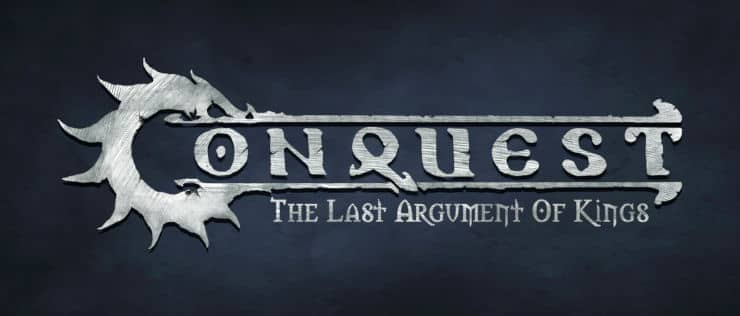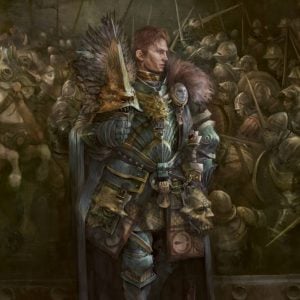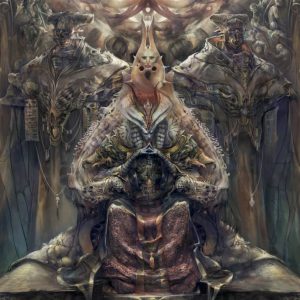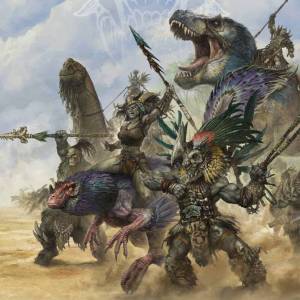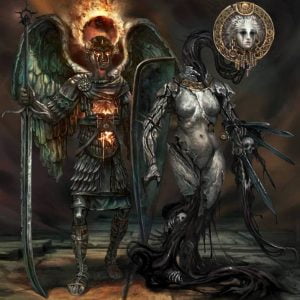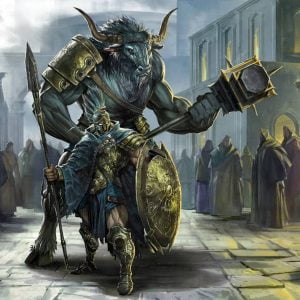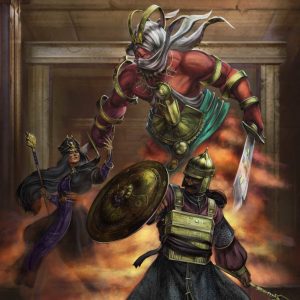In the early days after the Fall, when each Kingdom was but a fortified settlement on the shores of the Bitter Sea, nobility was defined by the ability to enforce one’s claim to it. The arrival of the Orders simplified matters. No petty tyrant or bandit king could hope to challenge an opponent who was backed by the Orders’ Brethren. This quickly resulted in a consolidation of power amongst those noble houses that courted the support of the Orders. As the Long Winter ended and the population exploded, spreading to more distant lands, the limited manpower of the Orders saw this simple paradigm come to an end.
Freed from the shackles the Order had imposed on it, the influence of the Theist Church quickly grew, forming a symbiotic relationship with the nobility. The nobles funded and protected the Church, while the Church expounded on the Divine Rights of the nobility, filling the void left by the Orders in the ratification of nobility’s claims. Legitimacy was no longer determined by the acquiescence of the nobility to the wishes of the Orders, but a divinely granted mandate, regulated by the Theist Church. Still insufficiently manned, the Orders had to find new means of controlling nobility. After the disaster of the Red Years, they found the tool they sought in the nascent Tellian Empire.
The rise of the Tellian Empire, as well as the spread of the Deist Creed, put an end to this newfound freedom of the nobility. Nobles either bent the knee to the new Emperor or were replaced. Backed by the Orders and supported by the same Church doctrine, the Emperor seemed unassailable. But while many resented the governorship of a distant figure, few could argue that the nobility flourished under Armatellum rule and the stability it provided.
Today, with the Emperor gone and the Church and the Orders at each other’s throats, the nobility are a hereditary self-proven fact, ruling the Hundred Kingdoms almost unimpeded. They are broadly split into two groups: the Imperialists, who wish to see a new Emperor elected, and the Sovereigns, who wish to see an end to the very idea of Empire. Ironically, both of these factions see the future in the Imperial Conclave, a gathering of all of the potentates in the Hundred Kingdoms, called every four years to issue decrees with the authority of the Emperor. Putting their differences aside, both groups have come together in the Conclave to muzzle the Orders, preventing them from intervening in their internal politics, curb the power of the Chamberlain and the remaining Imperial institutions, and limit the influence of the Church.
Free from the influence of a higher authority, the nobility have turned to their personal agendas with a vengeance. The very name of the Hundred Kingdoms is a result of the influence of the nobility. Their power games in the Conclave result in an almost daily re-drawing of the political map of the Tellian Empire, as inheritance, betrayal and marriage have become favored tools, with armed conquest reserved as the last argument of Kings.

